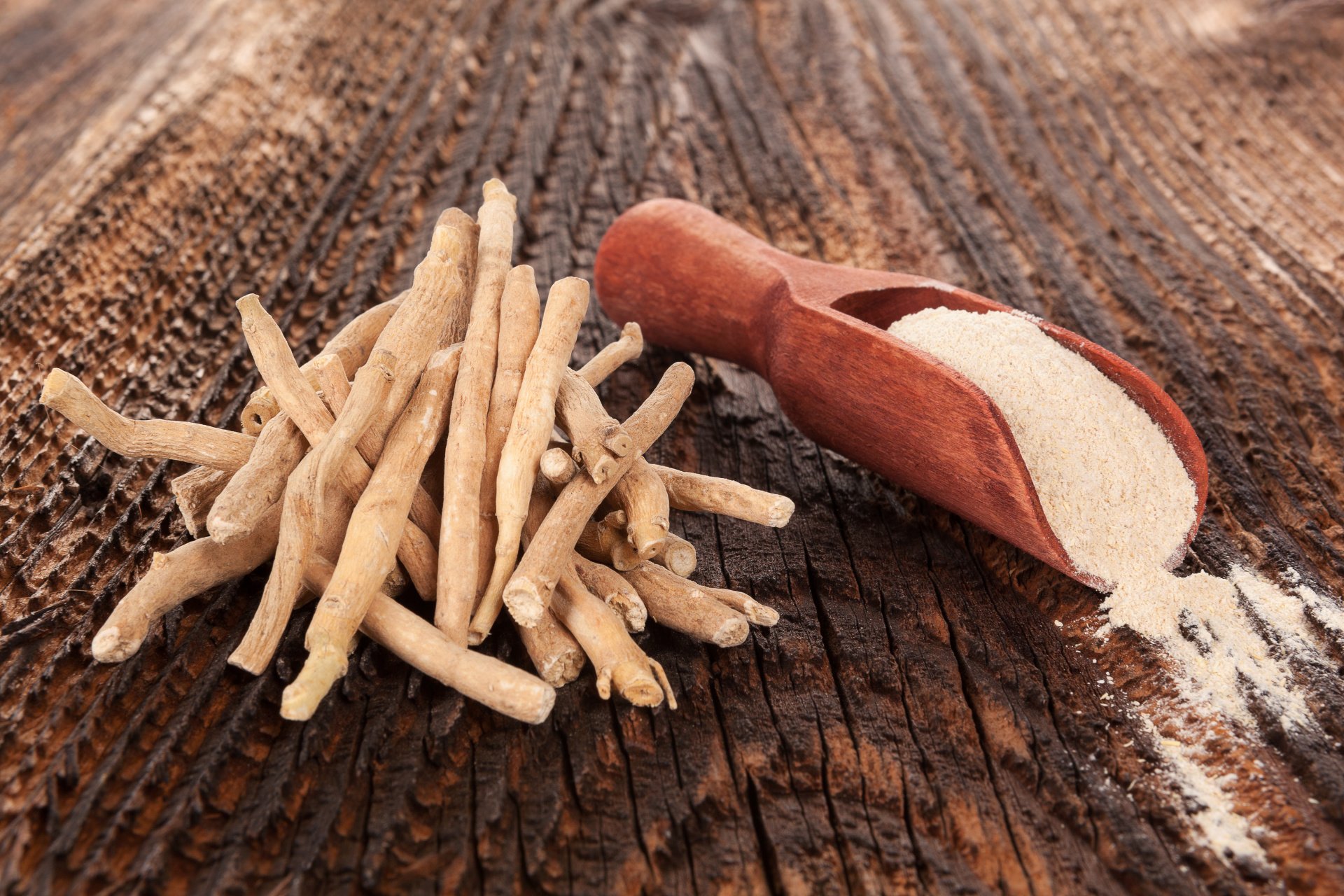This is probably the millionth blog you’ve read about your thyroid. By this point you’ve likely heard all about what the thyroid is, how it works, and how easy it can be for it to wreak havoc on your body and thus your life. You’ve also likely heard all the typical ways to heal your thyroid and get your life back.
Instead of repeating what everyone else has said regarding your thyroid, we want to offer some solutions for your thyroid health that you haven’t quite heard of. The best part is that these solutions take a natural and holistic approach to not just your thyroid, but your overall health.
Let’s get started!
Avoid Eating Goitrogenic Foods

Goitrogenic foods are foods that, though they have incredible health benefits, can actually harm your thyroid function. What happens when goitrogenic foods are eaten is they can increase the need for iodine, thus causing damage to the thyroid.
Eating too many goitrogenic foods has been linked to Hashimoto’s Disease and Graves’ Disease.
Hashimoto’s Disease is an autoimmune disease where the body attacks the thyroid. In Hashimoto’s case, the body’s attack on the thyroid will cause hypothyroidism, or the thyroid not making enough of the hormones it needs to function. This can lead to feeling:
- Fatigued (like you’re having to do everyday functions under the ocean)
- Forgetful
- Mentally foggy
- Constipated
Graves’ Disease is also an autoimmune disease where the body attacks the thyroid. This attack causes the thyroid to produce too much thyroid hormone. When someone is experiencing too much thyroid hormone, they might experience:
- Weight loss
- Jitteriness
- Heat intolerance
- Muscle Weakness
- Goiter
- Anxiety
- Restlessness
- Inability to focus
How can you keep your thyroid healthy and help prevent these attacks? Avoid eating foods high in goitrogens. Some foods that are high in goitrogens are:
- Bok Choy
- Broccoli
- Radishes
- Mustard and Mustard Greens
- Turnips
- Kale
- Cauliflower
- Brussel Sprouts
- Cabbage
- Kohlrabi
- Rutabagas
While you don’t have to completely cut these delicious foods out of your diet, it’s good to limit them and when you do eat them, cook them thoroughly.
Here are some foods that have lesser, safer amounts of goitrogens:
- Strawberries
- Pine Nuts
- Peanuts
- Sweet Potatoes
- Bamboo Shoots
- Peaches
- Pears
- Spinach
Vitamins and Minerals

It’s no secret that taking vitamins can provide helpful benefits for our bodies. However, there are some vitamins that are necessary and crucial for a functioning thyroid.
1. Vitamin B12: This vitamin plays an incredibly important role in metabolic and cellular processes. B12 helps DNA synthesis, protein conversion, red blood cell production, nerve health, and much more.
Symptoms of low vitamin B12 are:
- Weakness and fatigue
- Pins and needles sensations caused from nerve damage
- Changes in how you move and walk (balance and coordination)
- Dizziness
- Blurred vision
- Mood swings
Don’t forget that these all could be signs of other underlying issues and for the purpose of this blog we are only mentioning them in reference to your thyroid. If you think you could be deficient, give our office a call and we will be happy to meet with you.
To naturally get more vitamin B12, get the vitamin from a food source. Some good food sources for vitamin B12 are:
- Beef (ground or as a steak etc)
- Poultry (chicken, turkey, or duck)
- Pork
- Ham (various cuts)
- Salami
- Sausage (Polish, Italian, chorizo, pepperoni)
- Fish (clams, oysters, mussels, herring, salmon, tuna, trout)
- Eggs
- Almond Milk
2. Thiamine (B1): Thiamine’s job is to turn carbohydrates into energy and help the digestion of fats and protein. Thiamine is a water soluble vitamin that is mostly found in plant and animal derived foods. It’s also been found that those with Hashimoto’s have low stomach acid, which is another vital chemical Thiamine helps release.
Symptoms of low Thiamine:
- Fatigue
- Inability to sleep
- Memory loss
- Muscle cramps
If you are wanting to increase your Thiamine intake naturally, the best way to do that is by increasing the consumption of foods high in Thiamine. Be careful, however, to not choose foods that are also high goitrogenic foods. We will leave those off this list, but as you do you own research, make sure to bear that in mind.
Foods that are high in Thiamine and low in goitrogens are:
- Lentils
- Macadamia nuts
- Nutritional yeast
- Pinto beans
- Sunflower seeds
- Black beans
- Beef liver
- Eggplant
- Sun dried tomatoes
- Rice bran
- Oats
- Barley
- Spinach
3. Selenium: Selenium is a mineral which is found in high concentration in your thyroid. The thyroid has the most selenium per gram of tissue compared to other organs in the body. Its purpose in the thyroid is to aid with metabolism.
Since we’ve already mentioned fish and veggies, here are some meat options you may introduce if you need more selenium:
- Grass-fed beef (organic and so much better for you than regular beef)
- Beef liver
- Chicken
- Boneless turkey
Start Getting More Probiotics in Your System
Probiotics are very popular and when used properly, they can be a terrific source of bacteria that’s good for your body. Most probiotics are found in yogurt, kefir, sauerkraut, and a few other foods. Because a lot of these foods can also be bad for thyroid health, we recommend contacting our office about the supplements we offer.
Say Goodbye to Dairy and Gluten

Removing any products that are made from cow’s milk and replacing them with other non-dairy products such as raw goat’s milk or almond milk will get your digestive system back on track. This may seem like a pretty drastic change, but a lot of alternative milk products are even better tasting than cow products, and they are certainly better for you. Removing gluten (wheat) products provides similar outstanding effects.
Add Some Ashwagandha to Your Life

This herb is an Indian adaptogenic herb. This means that it stabilizes your thyroid hormones and lowers your anxiety levels. There are lots of other herbs, such as licorice root or ginseng, that can assist in lowering your anxiety levels, however, ashwagandha does the best job in comparison to others. This herb is particularly great for hyperthyroidism and hypothyroidism, too.
You can find this delightful herb at grocery stores or health food stores. Ashwagandha is a painless supplement to add to your diet.
Make Time to Relax

Your diet is highly relevant to curing thyroid ailments. But when you’re struggling during the day, a quick, easy fix could be to just stop and force yourself to relax. Pick something that you know forces you to relax, whether it be yoga, pilates, a walk outside (though not always relaxing in the winter here in the Twin Cities), a massage, or a conversation with a friend over coffee. Make sure you give yourself YOU time.
Another fantastic idea to help with anxiety is experimenting with essential oils. Some of the best oils for getting rid anxiety or stress are chamomile and lavender. You can either take a hot, relaxing bath with the oils mixed with the water or use a diffuser or oil burner to spread the divine smells throughout your house.
If you struggle with feeling constantly weary, you can also make a concoction of citrus oils and peppermint oils to get past those tired feelings.
Combine All These Steps
An unhealthy thyroid can cause a lot of difficult and painful issues. You can support thyroid health with a few new recipes, a trip to the grocery store, and exercises or activities that allow you to relax. If you’re still struggling with implementing these and would like to get checked out, we’d love to help you.
Our goal is to provide you understanding about your body and get you back to feeling like the happy, healthy you. Ready to improve your thyroid health with some medical care and advice? Contact us today!

